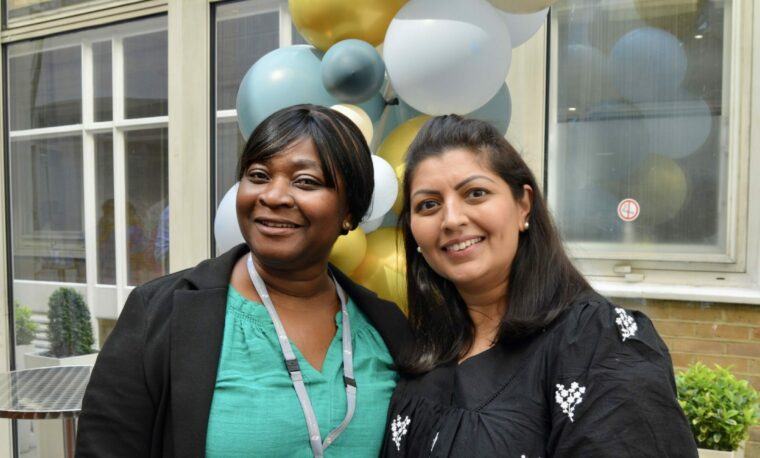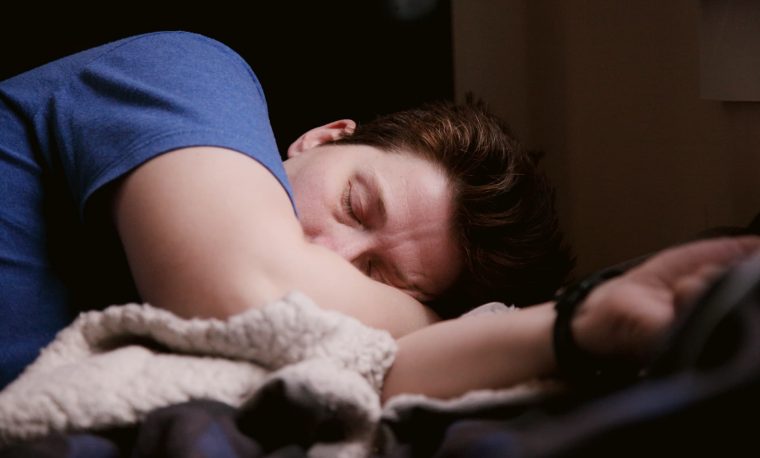What is outpatient treatment?
Outpatient treatment involves one-to-one appointments with a mental health professional, who may either be a consultant psychiatrist, clinical psychologist or therapist.
Conditions we treat
General mental health conditions: Including but not limited to adult ADHD, anger problems, anxiety, autism spectrum disorder (ASD), bereavement, bipolar disorder, body dysmorphic disorder (BDD), depression, memory problems, mood disorders, obsessive-compulsive disorder (OCD), panic attacks, personality disorders, phobias, postnatal depression, psychosexual difficulties, psychosis, relationship and interpersonal difficulties, schizophrenia, self-harm, sleep disorders, stress, suicidal feelings, post-traumatic stress disorder (PTSD) and work-related stress disorder.
Addiction: Including alcohol addiction, drug addiction (such as amphetamine, benzodiazepine, cannabis, cocaine, ecstasy, heroin, opiates and addiction to prescription and pain medication), behavioural addictions (including gambling, technology and sex and love addictions.
Eating disorders: Including anorexia nervosa, bulimia nervosa, binge eating disorder (BED) and eating disorders non-otherwise specified (EDNOS).
How do I know if I need outpatient or inpatient treatment?
We can help assess the next best steps for you when we receive your enquiry, referral or call from your health care professional. This may be to organise an appointment with a consultant psychiatrist or directly into our therapy services for an assessment.
If there is an indication that you might need a thorough psychiatric evaluation (looking at psychiatric history, possible need for medication, any indication of serious illness), then an assessment with a consultant psychiatrist is the advised route. An assessment will include a thorough psychiatric evaluation, as well as a consideration of a patient’s personal circumstances, and support network. Following this, your consultant psychiatrist will explore an ongoing treatment plan with you. As an example, inpatient care may be incompatible for you if you have family and work commitments. In circumstances such as these, you can potentially be supported by a consultant psychiatrist and/or a therapist in an outpatient setting. There are times, however, when inpatient treatment is a psychiatric necessity.
Alternatively, if you are struggling with something like a low mood, bereavement, loneliness or a mild form of anxiety, this can be sometimes well-managed by routine outpatient visits with a therapist.
Nightingale Hospital outpatient therapy
Nightingale Hospital’s therapy services department provides a wide range of evidence-based treatments and therapies. We are proud to state that we were the first acute mental health hospital to have been formally accredited by the British Association for Counselling and Psychotherapy (BACP) for our counselling and psychotherapy services. This accreditation means that patients and referrers can be assured that our therapy services meet the highest levels of clinical governance, delivery, and clinical outcomes.
Nightingale Hospital works with every individual to understand their particular needs. We have a holistic approach to helping people through therapy, offering group therapy, family therapy and individual therapy options. Our treatments have clearly defined goals and aim to empower patients with various techniques that they can put into practice in their everyday lives.
Outpatient therapy is very beneficial as it provides a non-judgmental, confidential and safe space for people to experience being listened to, accepted and understood. Feelings, thoughts and behaviours can be explored. An individual’s past and present experiences can then begin to form the basis for new understanding.
Our large therapy services team consists of more than 80 therapists, with a mix of counselling and clinical psychologists and psychotherapists. This team also includes art therapists, family therapists, dieticians, and occupational therapists.
All our psychologists and therapists are registered and/or accredited with one or more of the organisations below.
- BACP – The British Association for Counselling & Psychotherapy
- BPS – The British Psychological Society
- HCPC – Health and Care Professions Council
- BABCP – The British Association for Behavioural and Cognitive Psychotherapies
- UKCP – The United Kingdom Council for Psychotherapy
Our specialists provide evidence-based treatments and therapies, including:
Acceptance and commitment therapy (ACT), art therapy, clinical psychology,
Medication may also be prescribed by your consultant psychiatrist and can be obtained through the hospital’s on-site pharmacy. Choosing the right medication, medication dose, and treatment plans are based on a person’s individual needs and medical situation, and under a consultant psychiatrist’s care.
Outpatient consultations with a consultant psychiatrist
Outpatient appointments can be made with any Nightingale Hospital consultant psychiatrist, by either calling 020 7535 7700 or submitting an enquiry.
Nightingale Hospital specialists
Nightingale Hospital has over 40 leading consultant psychiatrists and over 90 therapists, clinical psychologists and psychotherapists available for outpatient appointments between Monday to Friday, and selected hours on Saturdays. All are highly experienced and each has their own area of expertise in the field of mental health, addiction and eating disorders.
Once you have selected your consultant psychiatrist, an initial assessment will be arranged to go through the issues you are facing and, with you, tailor a treatment plan to best suit your needs. This may include medication, talking therapies, wellbeing therapies, group therapy, inpatient services, day therapy or rTMS.
If you are uncertain about which mental health specialist is right for you please use our specialist search tool which can be filtered by gender, condition, languages spoken and experience in specific treatment options. If you would prefer to speak to someone confidentially, contact us.
Make an enquiry
Have a question about our outpatient therapy? Make a confidential enquiry now.
Enquire nowFurther information
Useful links for...
-
Patients
-
Families









